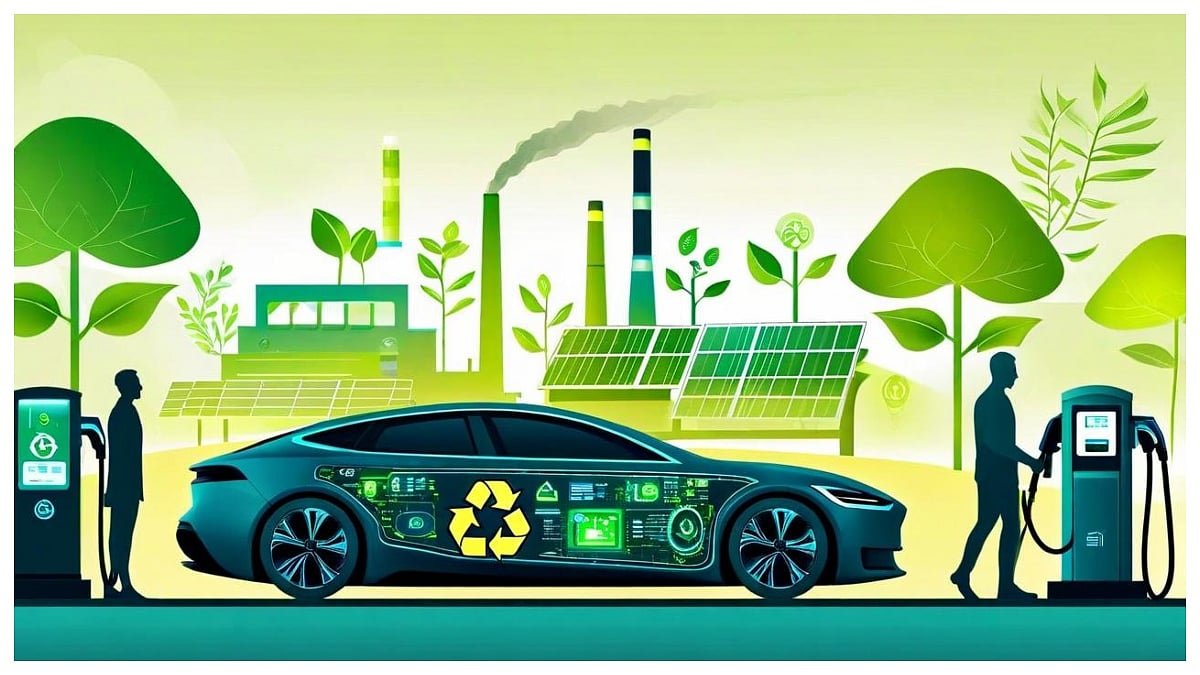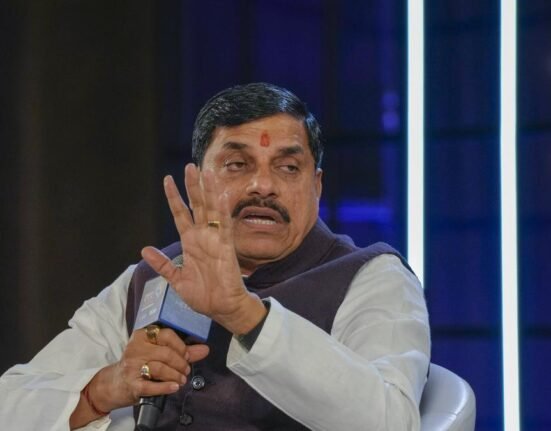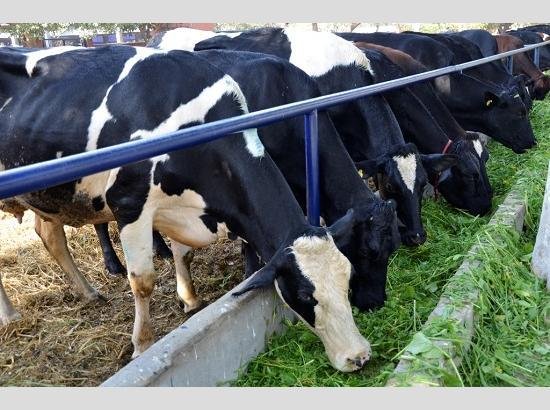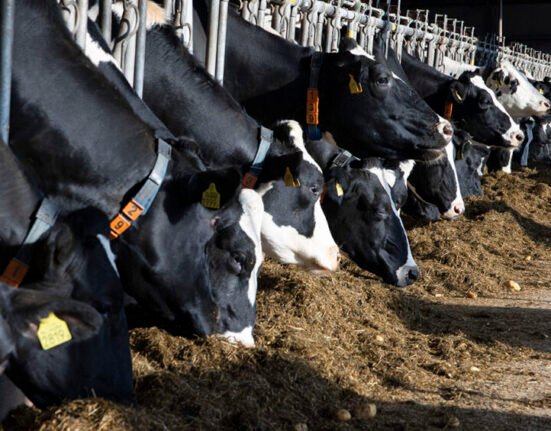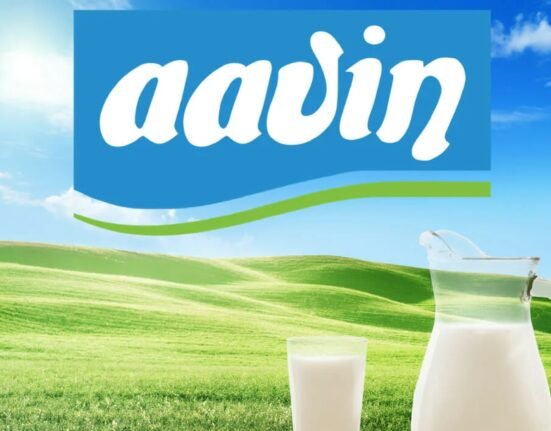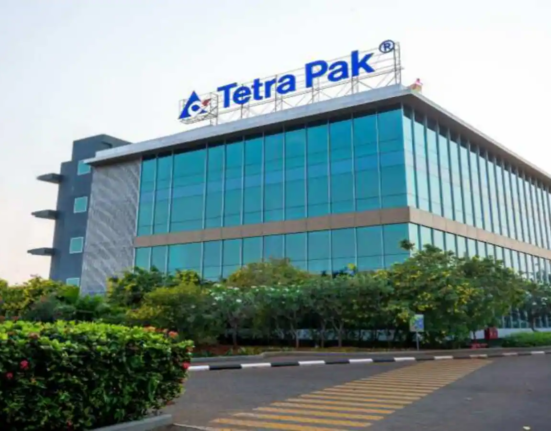New Delhi, Sep 2025 â Maruti Suzuki India is set to commence production of Flex Fuel Vehicles (FFVs) within this fiscal year, as part of a broader shift toward low-emission, carbon-conscious mobility. The initiative is backed by parent company Suzuki Motor Corporation and forms a key part of its technology strategy for India.
The company is simultaneously investing in a nationwide biogas development program in collaboration with Indiaâs dairy cooperatives. The focus is on converting cattle manure into biogas, which will be used as a carbon-neutral fuel for CNG vehicles. This model not only supports Indiaâs clean energy goals but also brings financial benefits to rural dairy farmers.
ğ Flex Fuel and Biogas: A Dual-Pronged Sustainability Strategy
Maruti Suzukiâs flex fuel program will introduce models capable of running on ethanol-blended fuel, complementing India’s national policies around renewable fuels and emissions reduction. Alongside this, its biogas venture targets CNG-compatible vehicles, which currently represent a significant share of the companyâs total sales.
The biogas program leverages the immense untapped potential of Indiaâs dairy economyâhome to over 300 million cattle. By sourcing cow dung from dairy farmers, Suzuki aims to build a clean fuel ecosystem while also supporting rural income generation and reducing dependence on synthetic fertilisers through organic byproducts.
ğ± Rural Empowerment Meets Green Transport
Biogas production plants are already under construction in collaboration with dairy cooperatives, with the first phase expected to go live starting in 2025. The effort directly connects livestock waste management, clean vehicle technology, and rural employment generation, creating a circular economy model powered by the dairy industry.
This initiative positions India as a potential global leader in integrating renewable rural energy with automotive innovation, while also promoting sustainability in both sectors.

